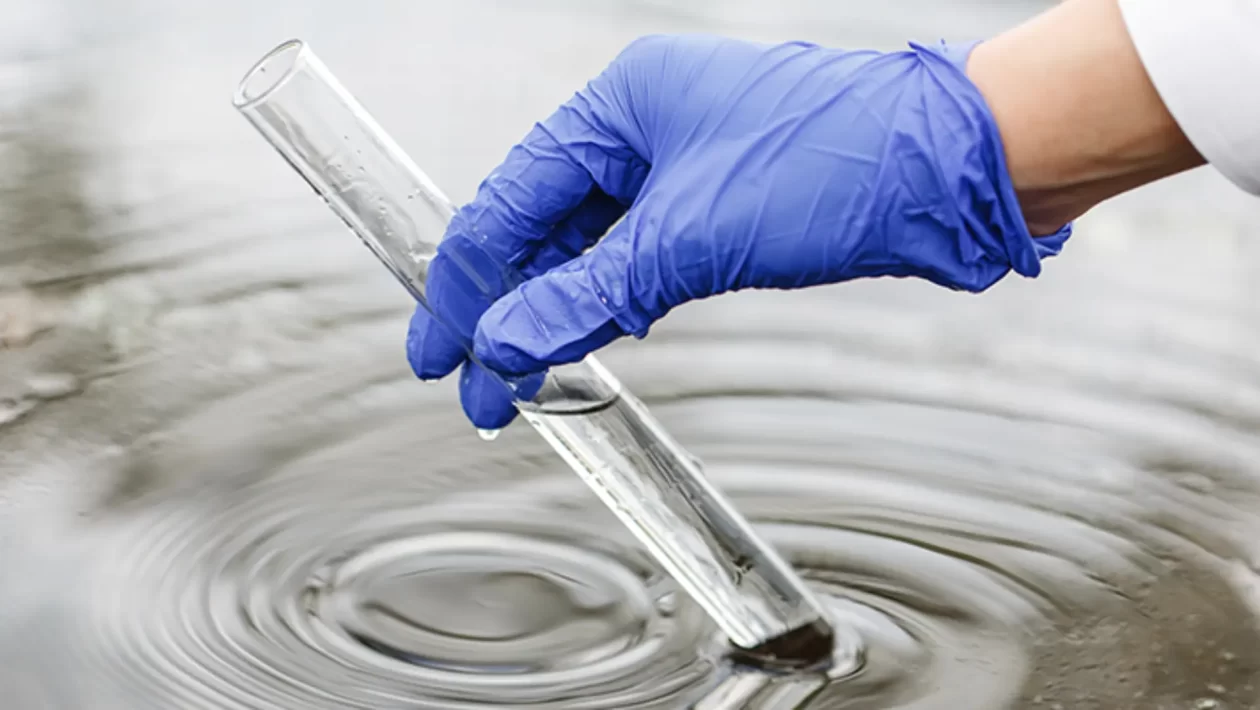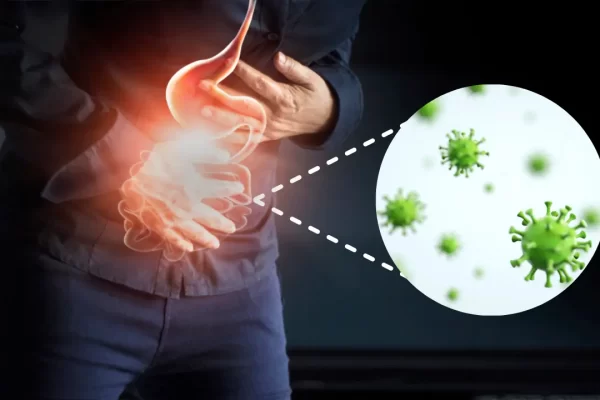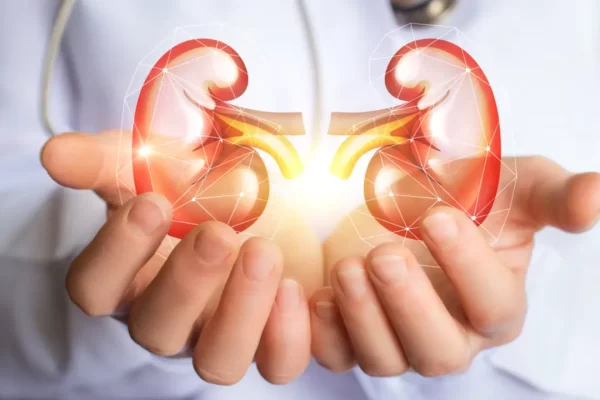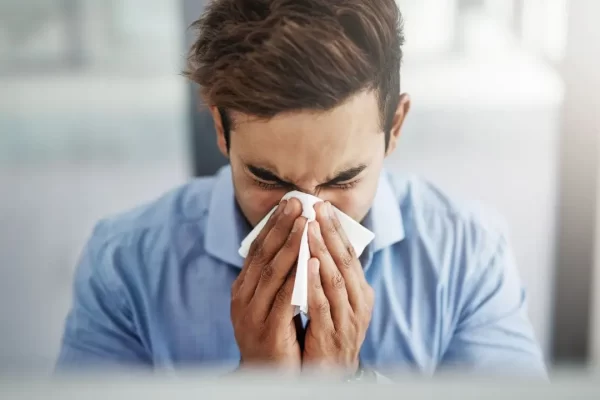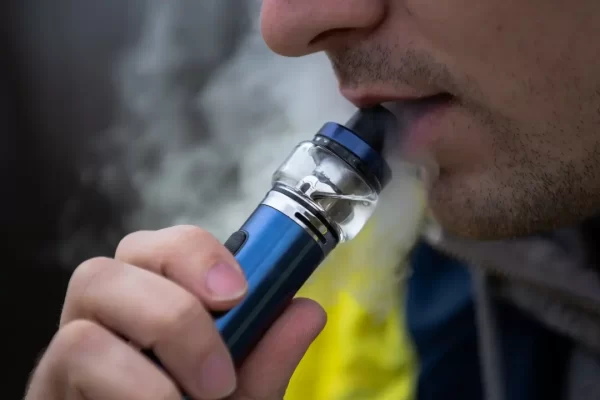Now that monsoon is around the corner, so are the dangers of water-borne diseases. The onset of the rainy season, while bringing respite from the scorching heat, makes it the perfect time for bacteria and other micro-organisms to breed a host of water-borne diseases. Waterborne diseases are generally transmitted through the consumption or utilization of contaminated water. Water which is not filtered or disinfected can contain bacterial presence, leading to fatal diseases like Malaria, Dengue, Typhoid, Cholera, Diarrhea and Jaundice (Hepatitis).
According to the World Health Organization, water-borne diseases are responsible for the deaths of more than 3.4 million people every year, around the world. India, in particular, remains at stake, which loses 600 people every day to these range of diseases. Government data shows that India registered 69.14 million cases induced by water-borne diseases over the last five years. Waterborne diseases are caused by different bacteria, virus, and protozoa. These diseases can also be spread through different ways such as defecation in the open, eating uncovered food and exposed water.
Most of the victims are young children, who die due to illnesses caused by organisms in contaminated water sources. Every 2 minutes, a child dies from an infectious waterborne disease. Some of the most common waterborne diseases one must be aware of includes:
1. Typhoid
Typhoid is caused by bacteria known as salmonella typhi. Typhoid fever is an extremely infectious waterborne disease, which spreads through contaminated water and food. It can lead to food poisoning or salmonella poisoning.
Symptoms: 103 or 104 degrees fever, headache, muscle pain and weakness.
2. Cholera
This form of water-borne illness is caused by a bacterium called as Vibrio cholera. This bacteria is mainly present in the water and food infected by the contaminated person.
Symptoms: diarrhea, vomiting, nausea and dehydration.
3. Jaundice (Hepatitis)
Viruses that cause hepatitis (hepatitis A and E) can be transmitted through water, uncooked food, poor sanitation and hygiene. The illness leads to the inflammation of the liver. Hepatitis A is also caused through injecting drug use.
Symptoms: loss of appetite, stomach discomfort, and weakness.
Things to Look Out For the Prevention of Waterborne Diseases
As they say ‘Prevention is Better Than Cure’, one must take precautions to keep such potentially life-threatening diseases at bay.
Practice Good Personal Hygiene
- Wash hands thoroughly with soap for atleast 20 seconds before consuming any food, after using the bathroom, etc.
- Wash hands before and after preparing food.
- Wash hands after handling animals, cleaning up animal feces, or gardening.
Take Food Safety Precautions
- Avoid eating raw or uncooked food.
- Give all the vegetables and fruits a thorough rinse with fresh water and peel them properly before cooking or consuming.
- Keep all the food items covered as flies are carries of waterborne diseases like Typhoid and Cholera.
- Avoid eating food from street vendors, especially during summers.
Water Prevention Tips
- The most important preventive method is to avoid drinking water from an unknown source. Always drink filtered water or boiling the water to disinfect it further could also help.
- Avoid stagnation of water as it is a breeding hub of mosquitoes. Empty the waters from different sources such as water-coolers, flowerpots and vases.
- Make provision for save drinking water.
- If possible, install water purifies at home which filters impurities, kill the harmful micro-organisms, ensuring 100% pure water.
